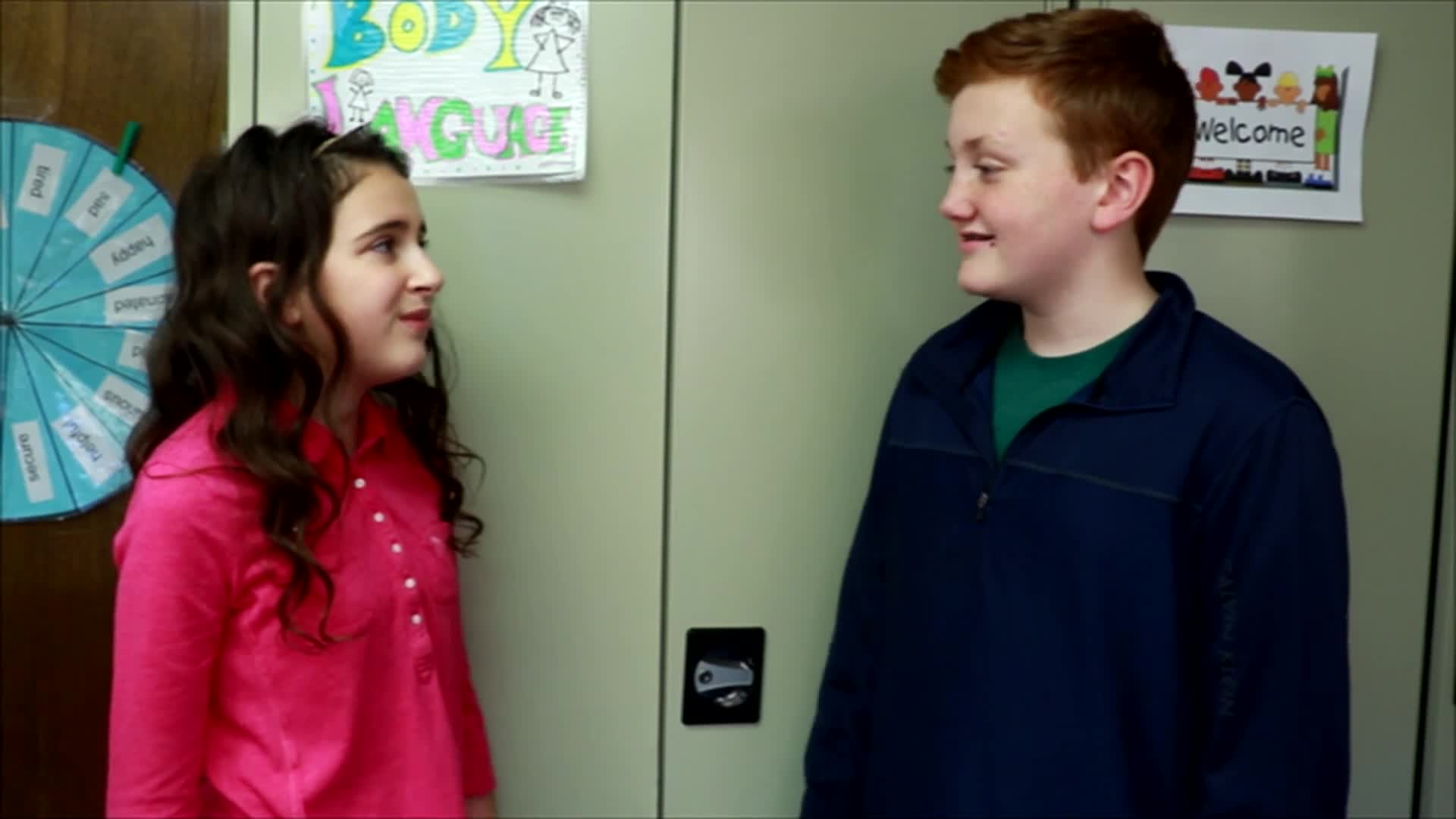
Introducing young learners to the art of ending conversations politely is essential in developing their social skills. In this blog post, we will explore a no-prep activity that educators can use to teach students how to leave conversations gracefully. We will also provide discussion questions, mention related skills, and offer next steps for further skill development.
Introduction
Ending a conversation politely is an important aspect of social-emotional learning. It helps students foster positive relationships, build empathy, and demonstrate respect towards others. By teaching students how to end conversations appropriately, we equip them with the tools they need to navigate social situations with confidence and grace. The following no-prep activity will help educators teach this valuable skill to their elementary students.
No-Prep Activity: The Polite Goodbye Game
This engaging activity requires no preparation or materials, making it an excellent choice for busy educators. To begin, have students form a circle, either sitting or standing. The objective of the game is for students to practice ending conversations politely using a given scenario.
- Start by presenting a situation where students might need to leave a conversation, such as having to go to another class or needing to catch a bus.
- Have one student begin by saying, “I’ve got to go, I have [reason].” Encourage them to look at the person next to them while speaking.
- Next, the person they were looking at should respond with, “Bye! See you later.”
- The first student then says “Bye!” and sits down, signaling that their turn is over.
- Continue the game with the next student providing a different reason for leaving the conversation. Repeat the process until all students have had a chance to practice the skill.
This activity allows students to practice giving a reason for leaving, making eye contact, and saying goodbye—all essential components of ending a conversation politely.
Discussion Questions
After completing the activity, use these discussion questions to stimulate further conversations about the importance of ending conversations politely:
- Why is it important to give a reason when you need to leave a conversation?
- How does making eye contact contribute to ending a conversation politely?
- What are some other ways you can say goodbye when leaving a conversation?
- How does ending a conversation politely show respect to the other person?
- Can you think of a time when someone ended a conversation impolitely? How did it make you feel?
Related Skills
Teaching students how to end conversations politely is just one aspect of social-emotional learning. Other related skills that can help students develop strong communication and interpersonal abilities include:
- Active listening
- Starting conversations
- Expressing empathy
- Using appropriate body language
- Respecting personal boundaries
By teaching these skills in conjunction with polite conversation endings, educators can help students build a well-rounded foundation for their social-emotional development.
Next Steps
Now that you have an understanding of how to teach students the art of ending conversations politely, consider exploring additional resources to enhance their social-emotional learning journey. Sign up for free sample materials from Everyday Speech to discover more activities, videos, and lessons that can help your students develop essential social skills.

